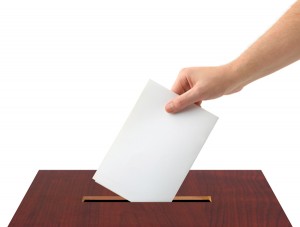By Steve Brawner, © 2020 by Steve Brawner Communications, Inc.
Arkansas state legislators are proposing a constitutional amendment that would make it harder for citizens to pass constitutional amendments in the future. And yes, the process is broken. The question is, will this fix it?
Issue 3, which is on this year’s ballot, also would make it harder for citizens to pass initiated acts, which are voter-created state laws, and also referenda, where voters can overturn a law already passed by legislators.
Let’s start with what clearly needs fixing.
First, the Arkansas Constitution is amended too often – 100 times since it was adopted in 1874 versus 27 amendments to the U.S. Constitution since it was adopted in 1789 – and too easily. Sometimes it’s amended to create policy changes that should be made in less permanent ways, such as a law. Well-funded special interests and private businesses can write for themselves a permanent place in our state’s most important document.
Also, the current process is dominated by lawsuits that result in the Arkansas Supreme Court blocking proposals close to the election. This often occurs because of some technical issue regarding the voter signatures that citizen groups must collect to qualify for the ballot. For a constitutional amendment this year, for example, the groups had to collect 89,151 signatures.
The ruling often occurs too late for the proposal to be removed from the ballot. This year, voters will see a referendum to prevent optometrists from performing eye surgeries, but their votes won’t be counted.
Those are good reasons to reform the process. Here’s one that’s not as good: Some, including legislators, just don’t like how the people have voted lately. Examples include an amendment authorizing casinos, an amendment legalizing medical marijuana, and an initiated act increasing the state’s minimum wage. Continue reading Does Issue 3 fix the broken process?
